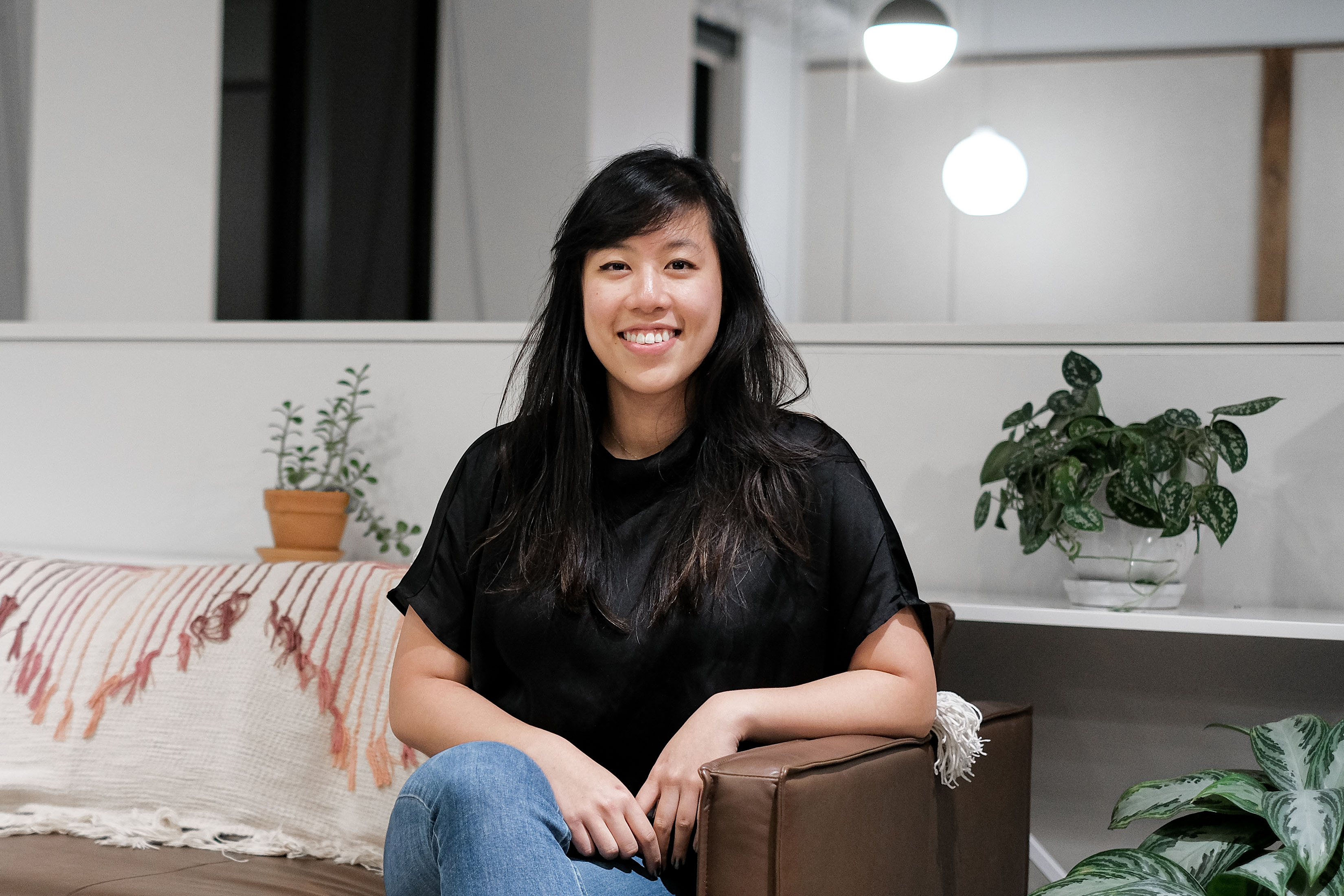Helping the Mental-Health Helpers
-
-
MIT Technology Review
Filed Under
Recommended

Victoria Li ’15 dreams of the day when mental-health care is as accessible as any other kind of health care. She is working to shape that future through her startup, Heard, which provides therapists with back-office support.
“If we create a world where it’s incredibly easy for therapists to focus on their jobs instead of the minutiae of all of the admin stuff, I think we can build a world where more people are incentivized to become therapists, thus addressing the lack of supply,” says Li, who was named to the Forbes 30 Under 30 list in 2022.
According to the American Psychological Association, the demand for psychologists has been soaring in recent years, and burnout rates are high. Heard’s goal is to keep people in the profession by making it easier to do business, Li says. “They’re no longer anxious about whether they can stay solvent.”
Growing up in Hong Kong, Li was always fascinated by the science behind emotions. She came to MIT to study neuroscience, but after learning to code, she gravitated to Course 6 to focus on computer science and engineering. “What I loved about Course 6 was the ability to create something from scratch,” she says. “That felt very empowering.”
MIT can be challenging, of course, and Li says she and her friends found therapy helpful—which sparked her interest in giving back to the profession. After graduating and moving to the Bay Area, she worked as a software engineer at Fitbit, Lantern, and Wefunder. Then, at a hackathon in 2019, she met Andrew Riesen, an entrepreneur with a similar interest in supporting therapists. The two learned that therapists needed help managing their finances. “The biggest pain point we heard was: ‘I am a business owner, and I don’t know how much to set aside for taxes. I don’t know how to do this thing called accounting,’” Li says.
They launched Heard in 2021 to provide automated accounting, payroll, and tax services geared specifically to therapists. “Heard saves providers 60 hours per year in financial record-keeping, creating an opportunity for $9,000 of extra income,” says Li, who is chief product and technology officer.
The company has seen strong growth so far, and Li is optimistic that Heard can help the profession expand until there are enough therapists for everyone who could benefit from one. “You go see a doctor for your physical health; you have yearly checkups; you take yoga classes or go to the gym,” she says. She’d love to see people “go to the gym for mental health,” too.
This article also appears in the July/August issue of MIT News magazine, published by MIT Technology Review.







